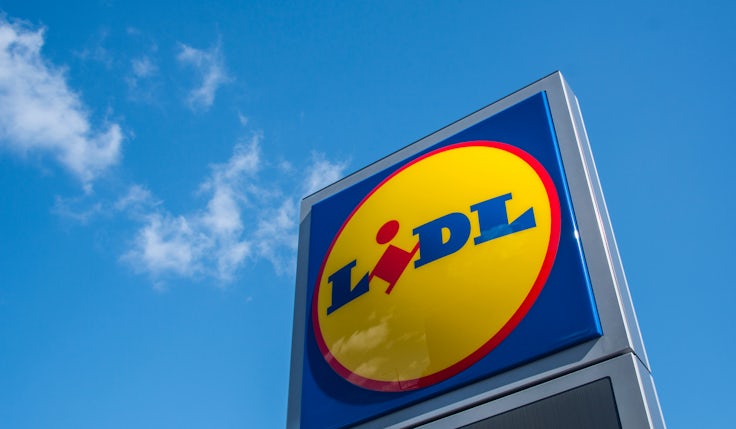Grocery sales show sluggish growth despite normalising inflation
Grocery price inflation has now been falling for 16 consecutive months, finds Kantar data, but it was not enough to drive more than lacklustre growth in the grocery sector last month.
 Grocery sales grew at their weakest level since June 2022 last month, despite grocery price inflation falling for the sixteenth consecutive month.
Grocery sales grew at their weakest level since June 2022 last month, despite grocery price inflation falling for the sixteenth consecutive month.
The 1% increase in take-home grocery sales in the four weeks to 9 June was the slowest growth since June 2022, with rain serving to hinder sales, as the average shopper visited supermarkets 16.3 times in the rainy month, down from 16.4 times in June last year, according to Kantar figures.
While growth in take-home grocery sales was sluggish, more premium retailers did well in the month.
Online-only retailer Ocado saw sales increase by 10.7% over the 12 weeks, meaning it was the UK’s fastest-growing grocer for the fourth month in a row. It now accounts for 1.8% of the total grocery market.
Waitrose has also seen strong growth in recent times. The supermarket attracted 188,000 new shoppers over the 12 weeks to 9 May, a greater increase than any of its grocery rivals. It also grew sales by 3.5% versus the same period in 2023.
Tesco CEO: Brand perceptions are up ‘across the board’
Grocery price inflation now stands at 2.1%, Kantar reports, something that has contributed to a rise in consumer confidence, with 36% of households now describing their financial position as “comfortable”, the highest proportion since November 2021. The jump in “comfortable” households was the largest recorded since the start of 2023.
The continued decline in grocery inflation is a result of falling costs in around one-third of Kantar’s tracked grocery product categories, including toilet tissues, butter and milk. A year ago, only 1% of grocery products were dropping in price.
Despite this, more than one in five households say they are still struggling to cope with the cost of living. Kantar’s data records 22% of households as either unable to meet their outgoings or just managing to make ends meet.
While more premium retailers like Waitrose and Ocado did fare well last month, so too did the discounters. Lidl grew its sales by 8.1% year-over-year, and now holds 8.1% of the market versus 7.7% in the same period last year. This means it is narrowing the gap between itself and Morrisons, which now holds 8.7% of the market, down from 8.8% last year.
Aldi actually saw a decline in market share versus last year, despite growing its sales by 0.8%. It now holds 10% of the market, versus 10.2% last year. Aldi is the fourth biggest supermarket by market share in the UK.
Despite its slight slip in market share last month, Aldi is closing the gap between itself and the third-biggest supermarket Asda. Asda’s market share declined from 13.7% in the 12 weeks to 11 June 2023, to 12.8% in the same period this year. Its sales declined by 4%.
Euros boost
The UEFA European Football Championships, which began in Germany on 14 June, are expected to deliver a significant lift in beer and lager sales for both supermarkets and pubs. As outlets anticipated the tournament, the proportion of beer and lager sales on promotion increased by 40%, Kantar said. The last Euros, staged in 2021, delivered pubs a 60% increases in sales of food and non-alcoholic drinks.
Supermarkets are in need of a boost after weather predictions that the UK could be facing its wettest summer in 100 years, potentially further inhibiting supermarket footfall.
Kantar reports that nearly a quarter of Britons (23%) did their grocery shopping online in the past three months.






